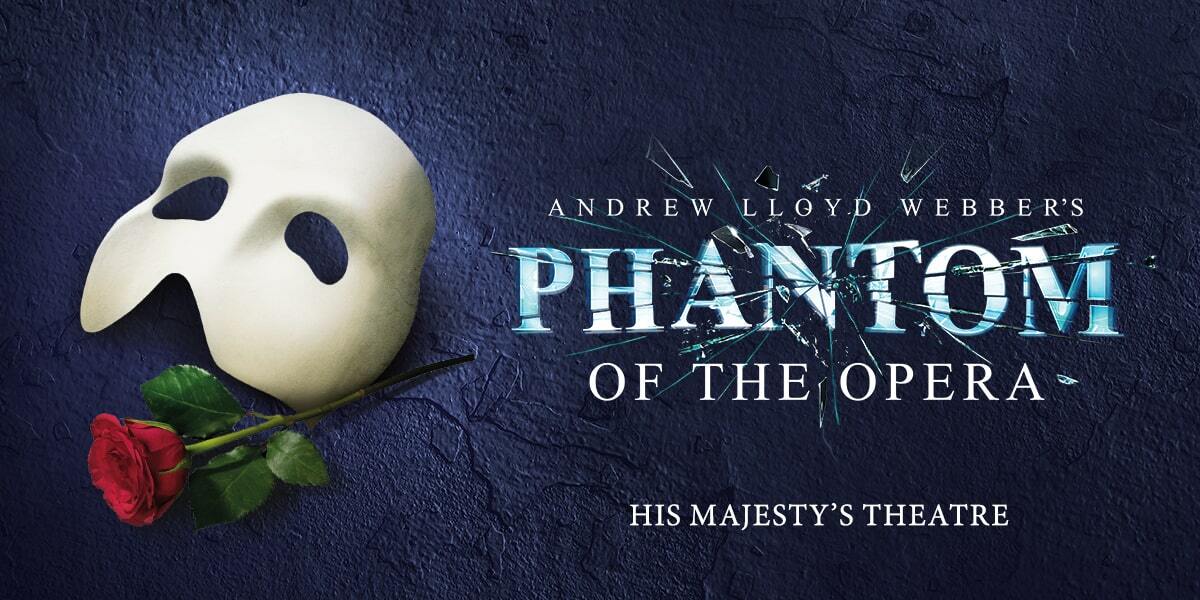HISTORY OF LONDON MUSICALS PART TWO
Published on 12 March 2012
However, by the 1940's and into the 1950's the American musicals overwhelmed the old-fashioned British Coward/Novello-style shows changing forever the history of London musicals . One of the last big successes of which was Novello's Perchance to Dream in 1945 which ran for 1,021 performances. They just couldn't compete with the Golden age of American musicals that saw the standards being raised with Oklahoma.
The musical drew rave reviews and won a Pulitzer Prize. The Rodgers and Hammerstein show ran for 2,212 performances, was made into a film and is one of the mostly frequently revived productions. The two collaborators created an extraordinary collection of some of musical theatre's best loved and most enduring classics, including Carousel (1945), South Pacific (1949), The King and I (1951), and The Sound of Music (1959).
A huge hit on the London stage was My Fair Lady. The West End production, in which Rex Harrison, Julie Andrews, Robert Coote and Stanley Holloway reprised their roles from Broadway, opened April 30, 1958, at the Theatre Royal, Drury Lane, where it ran for 2,281 performances. In 1954 the London production of The Boy Friend ran for 2,078 performances, making it briefly the third-longest running musical in West End or Broadway history (after Chu Chin Chow and Oklahoma!) until it was surpassed by Salad Days.
In the 1960's Stephen Sondheim and Jerry Herman would start to have a huge impact on musical theatre. Sondheim introduced darker and grittier plots in musicals. Jerry Herman had smash hits with shows such as Hello Dolly, Mame and La Cage aux Follies and musicals more and more explored social themes.
The 70's saw the advent of rock musicals after the success of Hair with musicals such as Jesus Christ Superstar, Godspell, The Rocky Horror Show and Tommy. Mixed in with the more old fashioned but still popular revivals of shows such as 42ND Street and No, No Nanette were Caberet telling the story of the rise of Nazism in Germany and the tale of media and murder in Chicago as well as more political themes in shows such as Evita or the darkness of Sweeney Todd.
The European writers and producers began to have a heavier influence again in the 1980's and 1990's. Huge musicals with elaborate stages went into production. The French writers Schonberg and Boubil gave us Les Miserables still being staged at the Queen's Theatre and with Richard Maltby Jr Miss Saigon with it's helicopter landing on stage. Andrew Lloyd Webber began his legacy of London musicals. After the success of Evita, his other successes were Cats, Starlight Express, The Phantom of the Opera (still running in the West End at Her Majesty's Theatre) and Sunset Boulevard. Andrew Lloyd Webber with Cameron Mackintosh dominated the London musical stage during these decades.
The Walt Disney Company also started to influence the production of musicals with the most recognisable being The Lion King still on at the Lyceum Theatre. The musicals were being produced on such a huge scale that this really started to put the price up for the theatre goer. This has led to a spate of revivals during the last 10 years as producers are anxious to recoup the costs of their investments and go for the familiar. Other musicals have been created around the songs that are already very popular. Still playing in the West End are Mamma Mia based on the songs of Abba and Tina based around the life and songs of Tina Turner.
London musicals have also seen the rise of film to stage adaptations. Grease, Dirty Dancing, Billy Elliot and now Ghost being prime examples of popular films that the audience have loved and that producers know will draw in the crowds. As prices continuing to rise, new musicals are arriving to the London stage year after year still drawing in tourists and locals alike. The long and strong history of London musicals will long continue to dominate the theatre world.
By London Theatre Direct
London Theatre Direct is one of the UK’s leading theatre ticket providers, bringing audiences closer to the magic of the stage.

